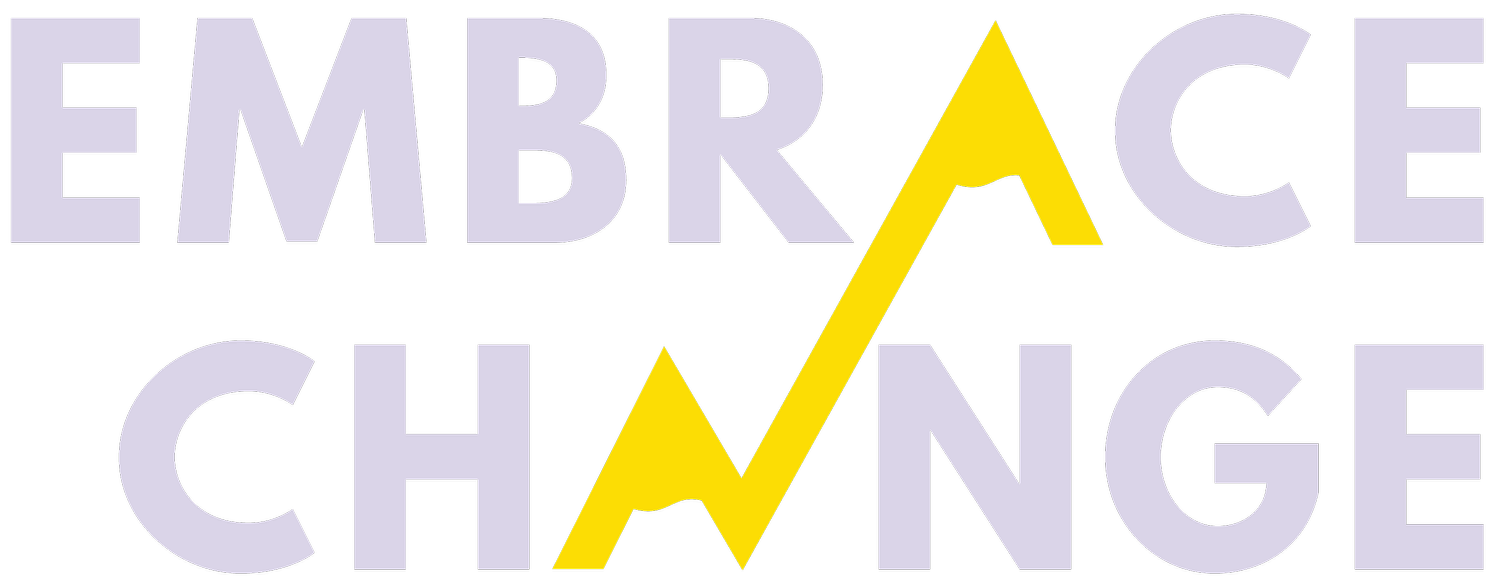Beyond the Business Case: Equipping BIWOC Staff to Co-Create Equitable Workplaces
In June of 2020, corporations pledged millions of dollars to support community initiatives for historically excluded groups. And while external promises protect brand reputation, a more accurate measure of their commitment to equity would be the support they provided their current BIPOC workforce. Equity programs that exist exclusively outside of organizations or that fail to address the work standards of existing staff are performative and counterproductive. On the other hand, corporations that approach DEI as a long-term business strategy will successfully retain their current BIPOC staff and attract a diverse workforce that reflects our actual communities.
Beyond a Checklist
As corporations have been called out for internal racism and discrimination, many have scrambled to complete the foundational checklist of:
Committing to creating equitable environments that align with organizational values,
Hiring DEI consultants to develop high-level strategic plans,
Adopting diversity-centered acronyms in their corporate lexicon.
While these components can play a part in creating safer work environments for BIPOC and BIWOC staff on their own, these efforts fall short. Failing to provide strategic and specialized support for employees of color is one of several mistakes organizations make as they establish overdue inclusion initiatives. Ignoring the viewpoint of those impacted by workplace discrimination results in DEI efforts that merely replicate the oppressive, patriarchal structures that created the workplace inequities in the first place.
From Reactive to Proactive
Corporate teams that have hit a wall of silence from BIPOC and BIWOC staff need to step up their efforts from being top-down and directive to being collaborative in engaging their BIPOC staff. Equity-seeking organizations will be well-served to move from the reactionary measures implemented in 2020 to proactive DEI initiatives that work and are informed by and for BIPOC staff. While DEI teams educate staff (primarily White folks) about systemic inequity and develop new policies, what happens far too often is that the needs of the BIPOC staff are forgotten. The truth is that BIPOC and BIWOC staff need and deserve their own spaces, their own career development programming, their own leadership training, and so on.
This is what I’ve learned in delivering my signature talks on managing up, racial gaslighting, and increasing visibility in the workplace, at organizations ranging from for-profits to non-profits to educational institutions. BIPOC/BIWOC staff want:
Psychological safety and spaces to express their concerns and experiences candidly and without the risk of repercussions,
Concrete tools and confidence to advocate for themselves and engage fully in the workplace,
Evidence that the organization’s leadership is genuinely committed to workplace equity, as demonstrated through their actions and decisions.
Center the Needs of Your BIPOC Workforce
As corporations roll out newly minted DEI plans, the vantage points of staff with intersecting identities must be proactively prioritized. Real systemic change requires leaders to acquire education and resources that center the voices and experiences of those directly impacted by workplace discrimination in all its forms. Doing so will:
Ease the burden of emotional labor that currently falls on BIPOC/BIWOC staff.
Free staff of color to engage in DEI initiatives as autonomous participants vs. default experts.
Empower employee resource groups (ERGs).
Corporations that seek to move their inclusion goals from theoretical plans to operational practice must equip BIPOC and BIWOC staff with comprehensive tools to articulate their needs. Let me be clear: the co-creation of equitable spaces is a responsibility that rests primarily in the hands of organizational leadership. Moving forward, as the corporate decrees continue, it will become clear which companies only care about DEI for their financial ROI and which actually care about supporting and uplifting their workers of color.


